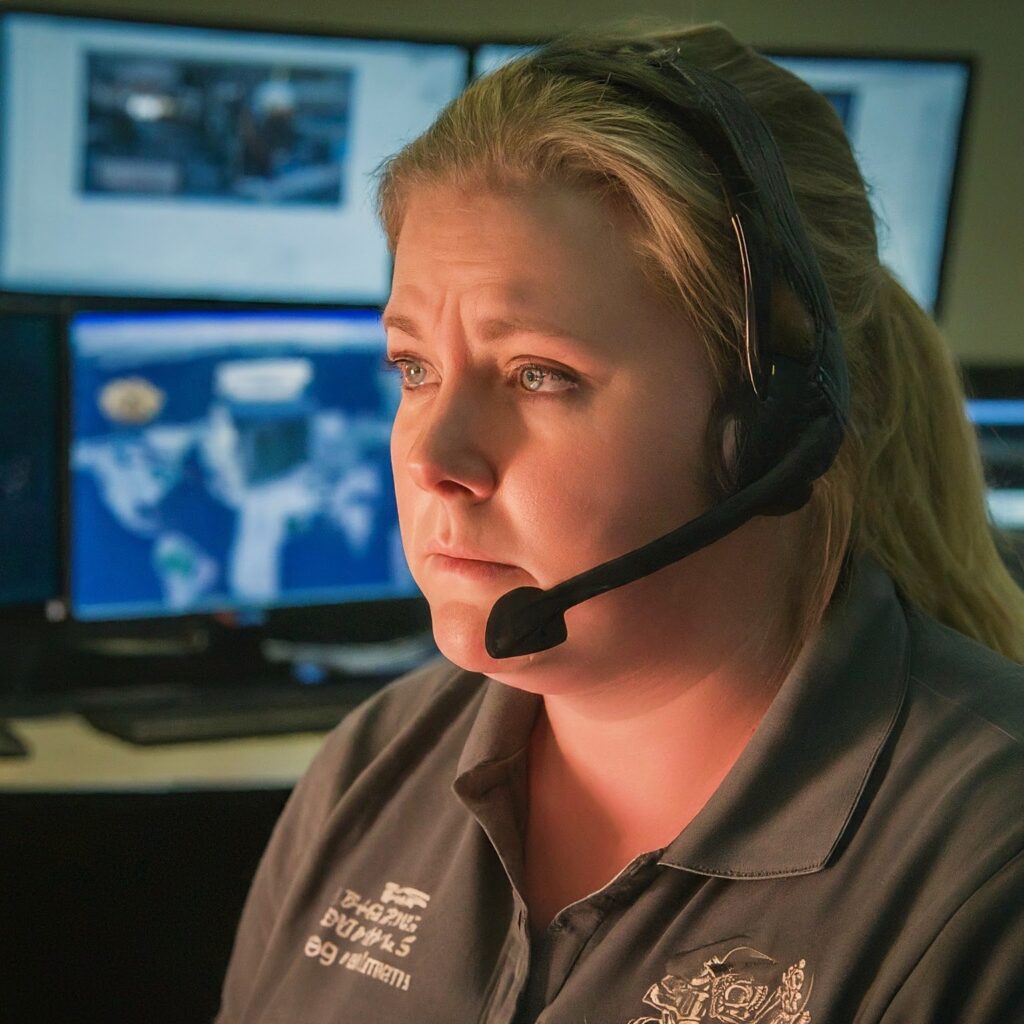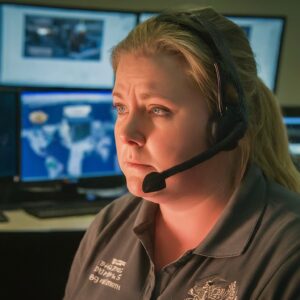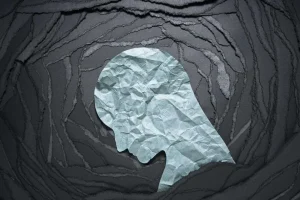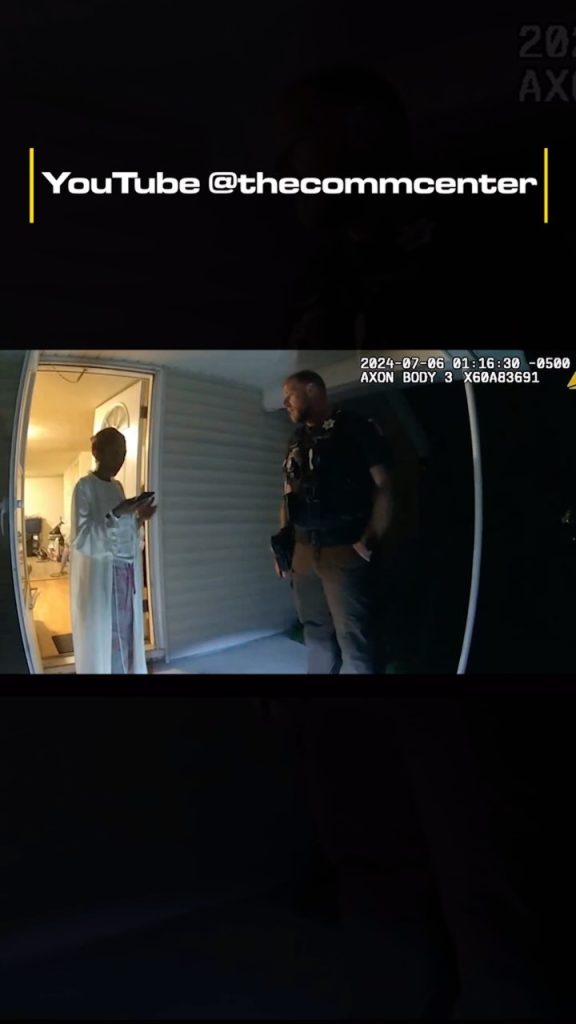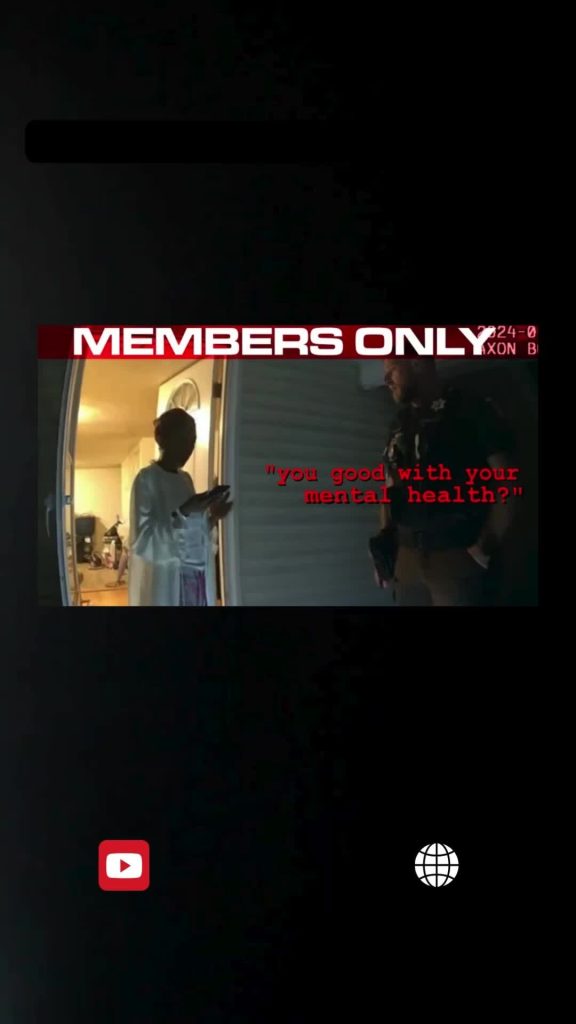Introduction
911 dispatchers are a lifeline in emergency situations, often acting as the first point of contact in life-and-death scenarios. Through their voices and instructions, dispatchers provide crucial support to those in crisis while directing first responders to the scene. However, beyond the technical requirements of the job, dispatchers face intense psychological pressures that demand resilience, emotional intelligence, and the ability to maintain calm amidst chaos.
Role of 911 Dispatchers as First Witnesses
911 dispatchers are unique in that they serve as the first “witnesses” to a crime, hearing details directly from those affected. This role places them in an unusual position, as they must absorb details without seeing the scene, relying entirely on verbal information to form an understanding. Their questions and responses shape how they direct officers to approach the scene, affecting the immediate response and sometimes even the outcome of the situation.
Communication and Crisis Management Skills
Effective communication is at the heart of a dispatcher’s job. They are trained to gather clear, concise information, even when the caller is panicked or distraught. In scenarios like the one depicted in the video, where a 14-year-old was involved in a violent incident, dispatchers must employ calming language and guide the caller without escalating the tension. Standard phrases such as “calm down” may have limitations, especially if the caller is in severe distress. Modern dispatcher training increasingly includes adaptable communication techniques, teaching dispatchers to recognize emotional cues and adjust their phrasing to suit the caller’s state.
Decision-Making Under Pressure
The information a dispatcher gathers is critical for informing law enforcement’s approach. A dispatcher’s questions must balance procedural protocol with the adaptability to manage unexpected developments. In high-stakes calls, such as those involving firearms or potential harm to individuals, dispatchers must prioritize questions that clarify immediate threats, ensuring officer and civilian safety. Training programs often simulate various scenarios, building a dispatcher’s ability to make split-second decisions under stress.
Psychological and Emotional Impact
Being a dispatcher involves significant psychological strain. In many ways, dispatchers experience the trauma of the incidents they manage, absorbing intense moments through auditory means without direct visual context. They may deal with post-traumatic stress from repeated exposure to distressing situations, particularly in cases involving children or family violence, as these situations often evoke strong emotional responses. As awareness grows about the impact of secondary trauma, training programs are incorporating mental health support, offering dispatchers strategies to manage stress and access to resources such as counseling.
The Importance of Adaptability and Continued Training
Because emergencies are inherently unpredictable, dispatchers need continuous training to refine both their procedural and emotional response skills. Real-time adaptability is critical, as shown in cases where dispatchers encounter callers with unique needs or behavioral responses. Training that incorporates evolving technology, advanced communication techniques, and real-life scenario simulations is essential to prepare dispatchers to handle diverse emergencies effectively.
Conclusion
911 dispatchers are unsung heroes of emergency response, providing life-saving support and coordination while managing intense stress. The combination of procedural expertise, communication adaptability, and emotional resilience they must demonstrate makes their role both challenging and vital. As the demands on dispatchers continue to grow, so too must our efforts to support them with training, mental health resources, and public recognition of their invaluable service.










